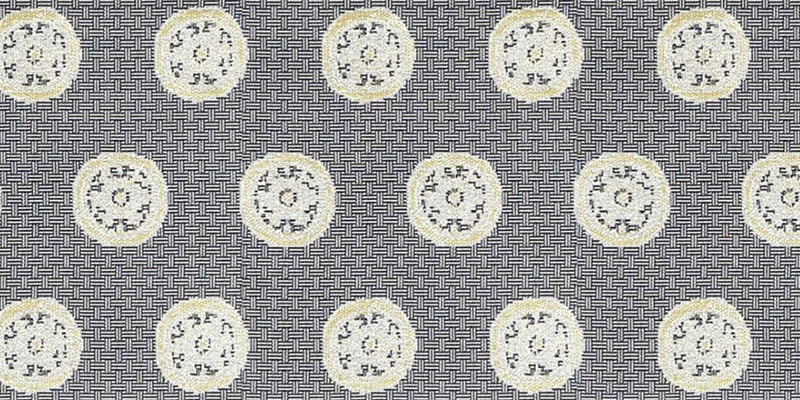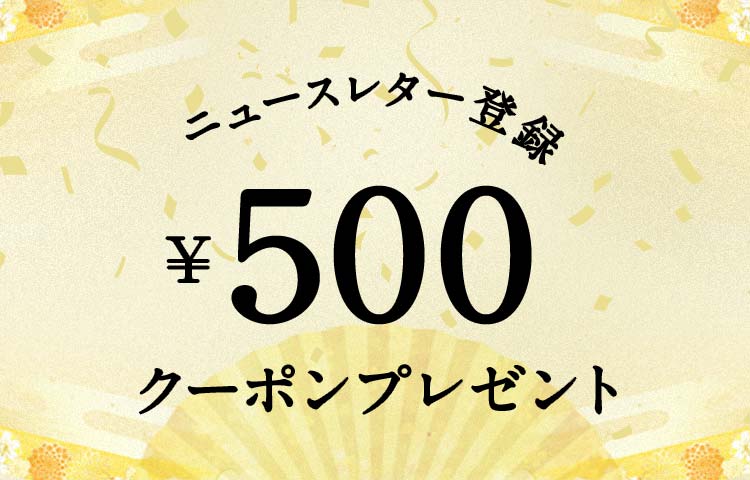Detail
| Product : | Key Holder (L) (Itoya Rinpo-te) |
|---|---|
| Type : | Key Holder |
| Size (cm) : | W5.7 x H9.6 (when closed) |
| Tags : | Wrapping available、 Famous fabric、 Japanese Accessories、 Pattern_Ito-yaowa-warehote、 |
| Other : | The pattern may be different from the image shown due to the cutting process. Please understand this in advance. |
| Other : | Gift wrapping service available |
Reviews
Description
A key holder of silk fabric and leather.
Patterns
Itoya Rinpō-te

Among the famous textiles of Japan, a textile such as "Itoya Kinran" is one of the very few examples of fabrics woven with a double cloth construction called "fūtsū". Two different cloths consisting of a face cloth and back cloth combined in square shapes form a unique background pattern as seen in this textile.
The term "Itoya kinran" is derived from the fact that the original textile was the property of a wealthy merchant "Itoya" at Sakai in the Muromachi Period(1358-1574). This textile is also called "Itoya rinpō kire" meaning a textile with ring patterns, as there is a small ring at the center of each roundel.It has been highly valued by the tea-masters.
This textile is a reduced copy of the original design, but is modernized in color schemes and materials.













